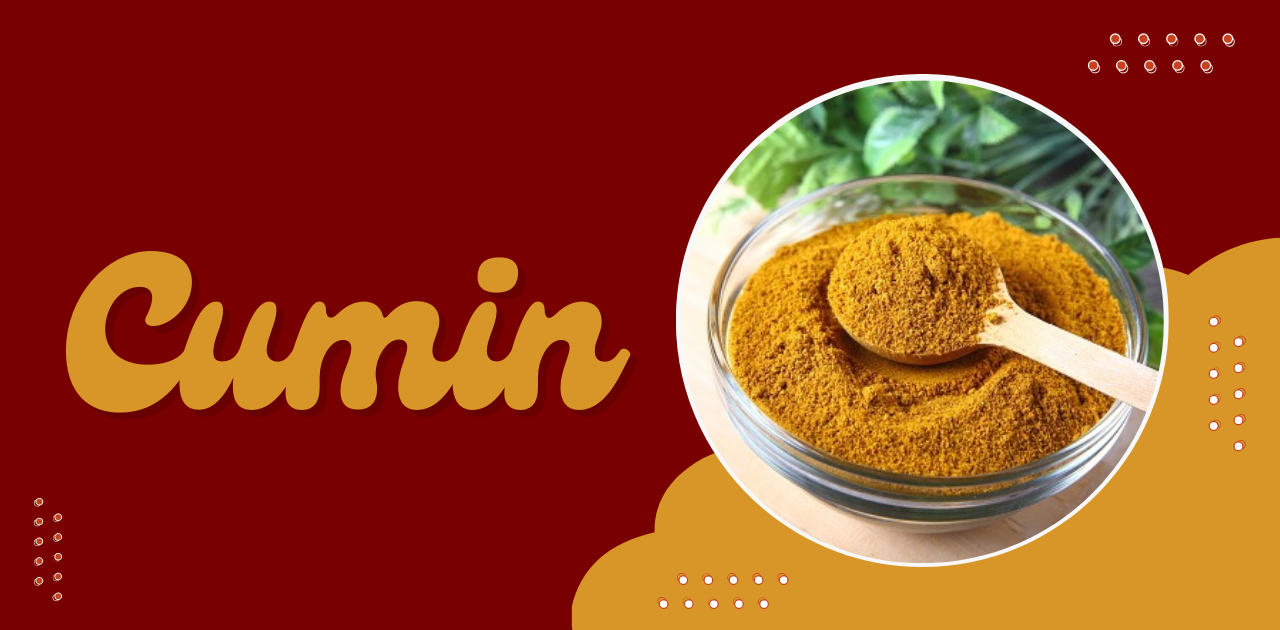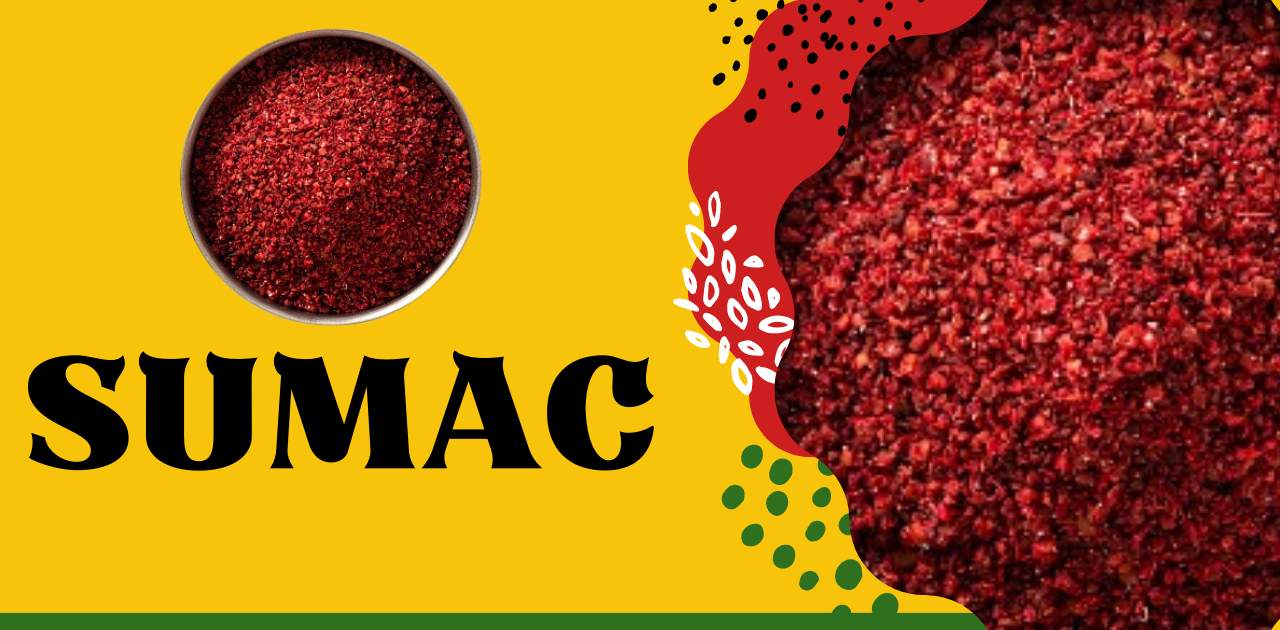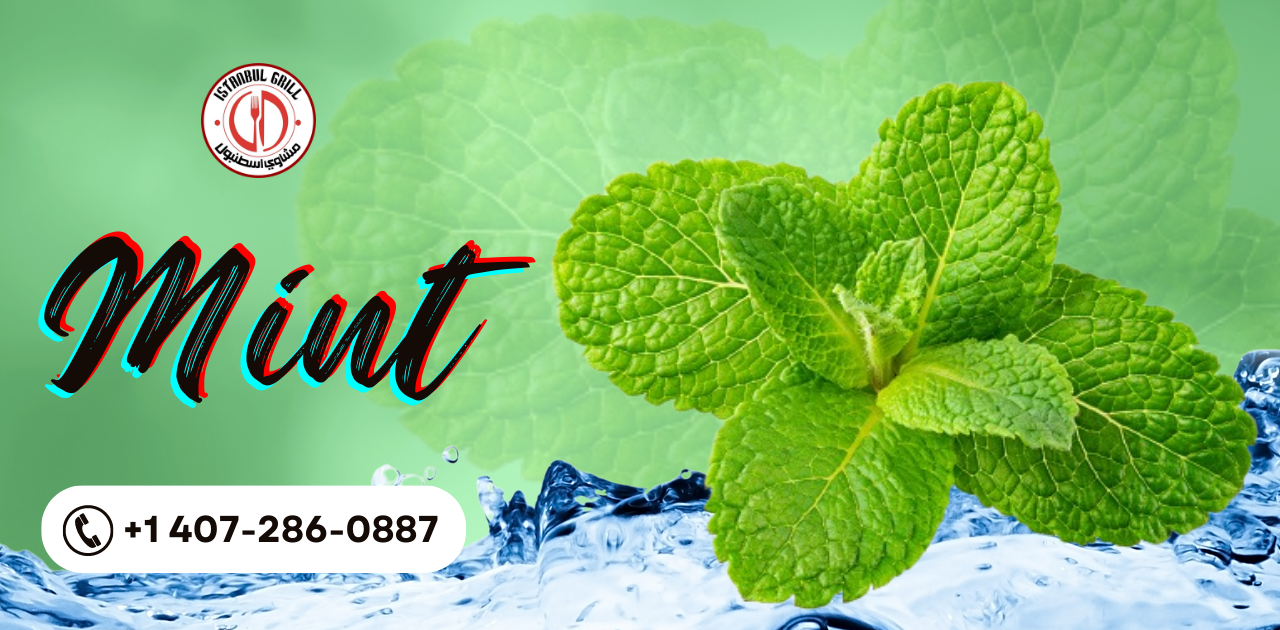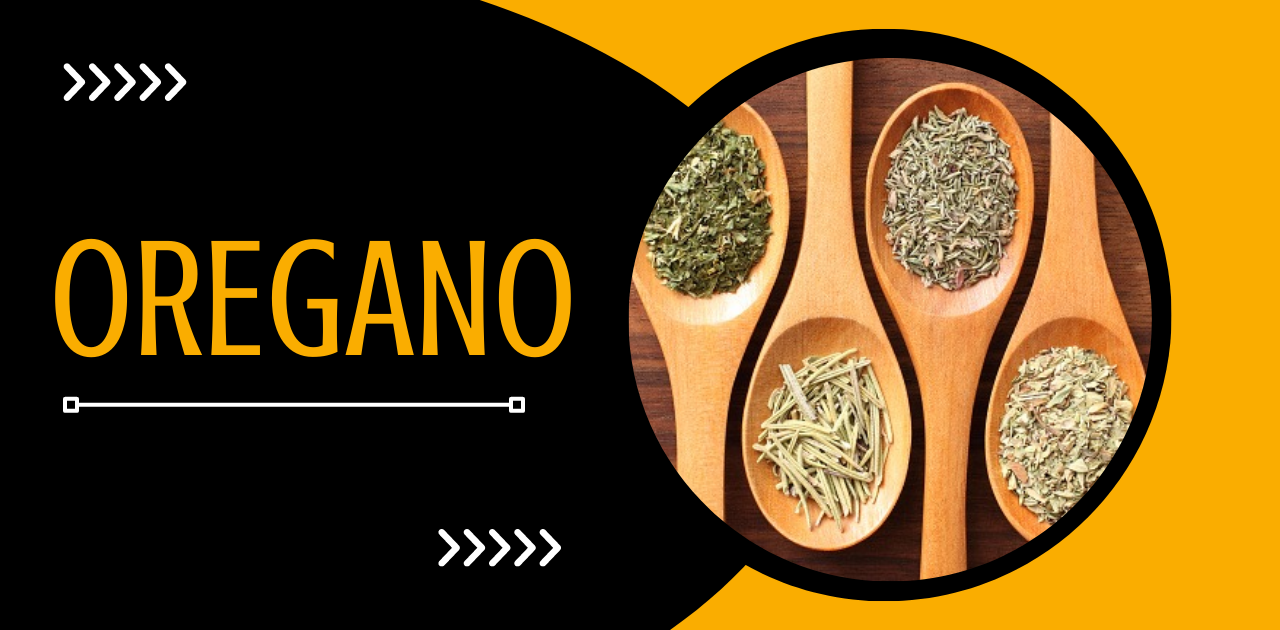The Flavorful World of Turkish Spices and Herbs: A Guide to Elevate Your Cuisine:

Turkish cuisine is renowned for its rich and flavorful dishes that are made with a variety of spices and herbs. These ingredients are a cornerstone of Turkish cooking, adding depth and complexity to each dish. If you want to experience the true essence of Turkish cuisine, understanding the spices and herbs used in these dishes is essential. Here are some of the most popular Turkish spices and herbs that you can use in your cooking.
- Cumin

Cumin is a popular spice that is used in many Turkish dishes, including kofte and borek. It has a warm and earthy flavor that adds depth to dishes. Cumin is also known for its digestive properties, making it a popular ingredient in many traditional Turkish remedies.
To use cumin in your cooking, toast the seeds in a dry pan until they are fragrant. Then, grind the seeds in a spice grinder and add the powder to your dishes.
- Sumac

Sumac is a tangy and slightly sour spice that is used in many Turkish dishes, including salads and kebabs. It has a reddish-purple color and a tart flavor that is reminiscent of lemon juice. Sumac is also rich in antioxidants and has anti-inflammatory properties.
To use sumac in your cooking, sprinkle it over salads, grilled meats, or roasted vegetables. You can also mix it with olive oil to create a flavorful marinade.
- Mint

Mint is a versatile herb that is used in many Turkish dishes, including yogurt sauces, salads, and teas. It has a refreshing and cooling flavor that complements spicy and savory dishes. Mint is also known for its digestive properties and is a popular ingredient in many Turkish remedies.
To use mint in your cooking, chop the leaves finely and add them to your dishes. You can also steep the leaves in hot water to create a soothing tea.
- Paprika

Paprika is a sweet and mild spice that is used in many Turkish dishes, including stews and soups. It has a vibrant red color and a sweet flavor that adds depth to dishes. Paprika is also rich in antioxidants and has anti-inflammatory properties.
To use paprika in your cooking, toast the powder in a dry pan until it is fragrant. Then, add it to your dishes to add color and flavor.
- Dill

Dill is a delicate herb that is used in many Turkish dishes, including yogurt sauces, soups, and seafood dishes. It has a subtle flavor that is reminiscent of anise and complements the flavors of other herbs and spices. Dill is also rich in vitamins and minerals and has anti-inflammatory properties.
To use dill in your cooking, chop the leaves finely and add them to your dishes. You can also use the stems and flowers to infuse flavor into soups and stews.
- Oregano

Oregano is a popular herb that is used in many Turkish dishes, including grilled meats, stews, and salads. It has a strong and pungent flavor that adds depth to dishes. Oregano is also rich in antioxidants and has anti-inflammatory properties.
To use oregano in your cooking, chop the leaves finely and add them to your dishes. You can also sprinkle the leaves over grilled meats to add flavor and aroma.
Conclusion
Turkish spices and herbs are an essential part of the country's culinary traditions. These ingredients add depth, flavor, and complexity to each dish, creating a unique and memorable culinary experience. By using these popular Turkish spices and herbs in your cooking, you can experience the rich flavors and aromas of Turkish





